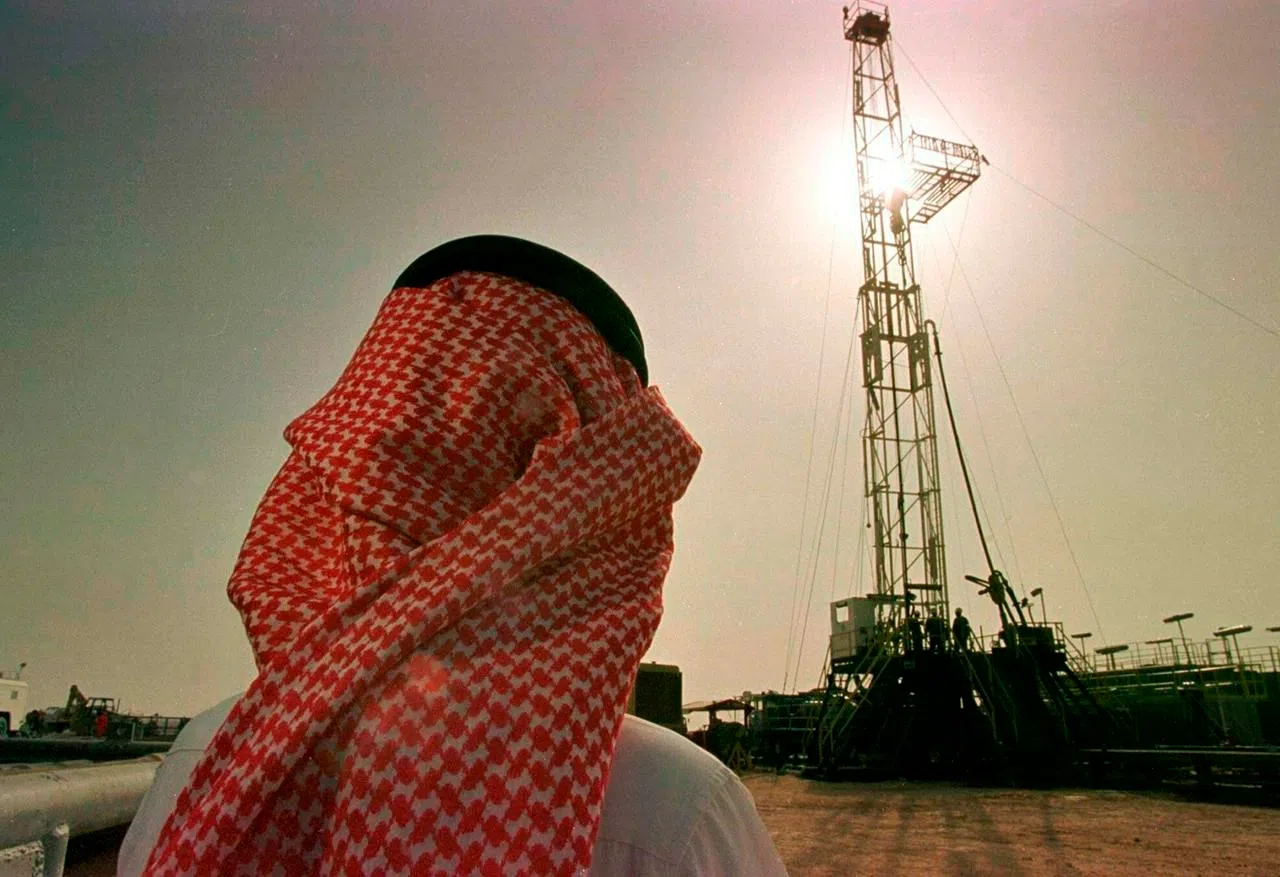
Rare glimpse into Saudi Aramco shows $111 billion net profit
DUBAI, United Arab Emirates — Saudi Aramco’s net profits reached $111 billion last year, according to an assessment published Monday by Moody’s Investors Services that offered a rare glimpse into the state-owned oil firm’s finances before it issues its first bonds in international markets.
That places Aramco ahead of some of the world’s most profitable firms. By contrast, Apple booked a net profit of about $60 billion in its last full year, Royal Dutch Shell had net income of $23 billion and Exxon Mobil $21 billion.
Moody’s said the oil giant’s revenue hit $355.9 billion last year and that it produced 10.3 million barrels per day of crude oil in 2018.
The figures provide the first look in recent memory at Aramco’s revenue and earnings. The company, which began as a U.S. venture with a concession for oil rights in Saudi Arabia, was fully acquired by the Saudi government in 1980.


